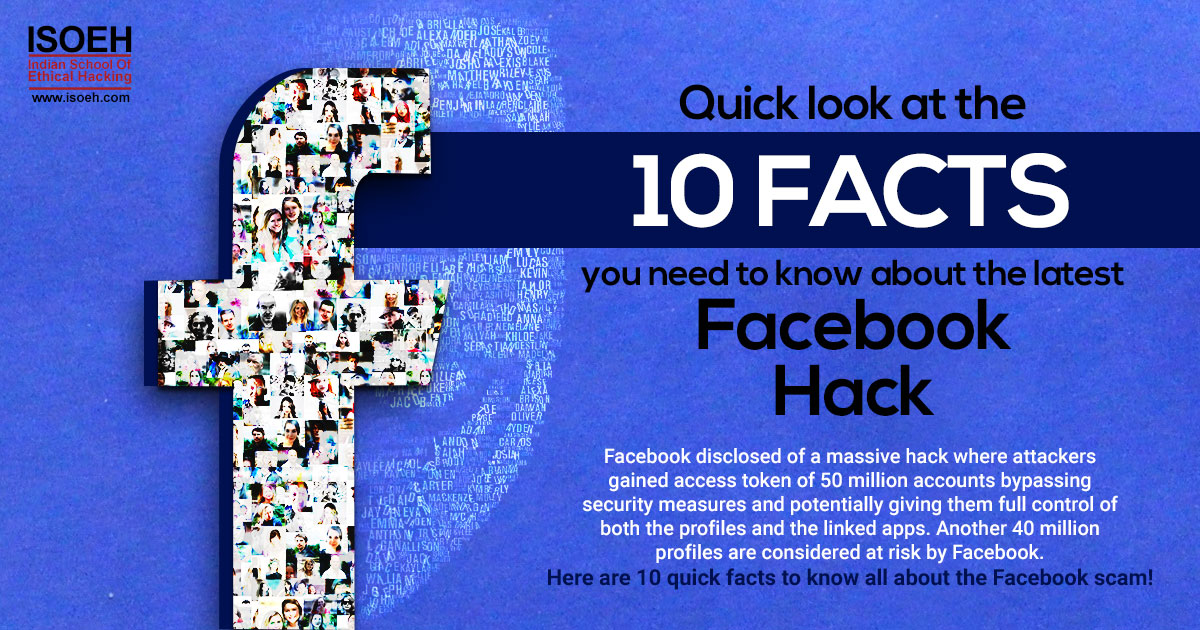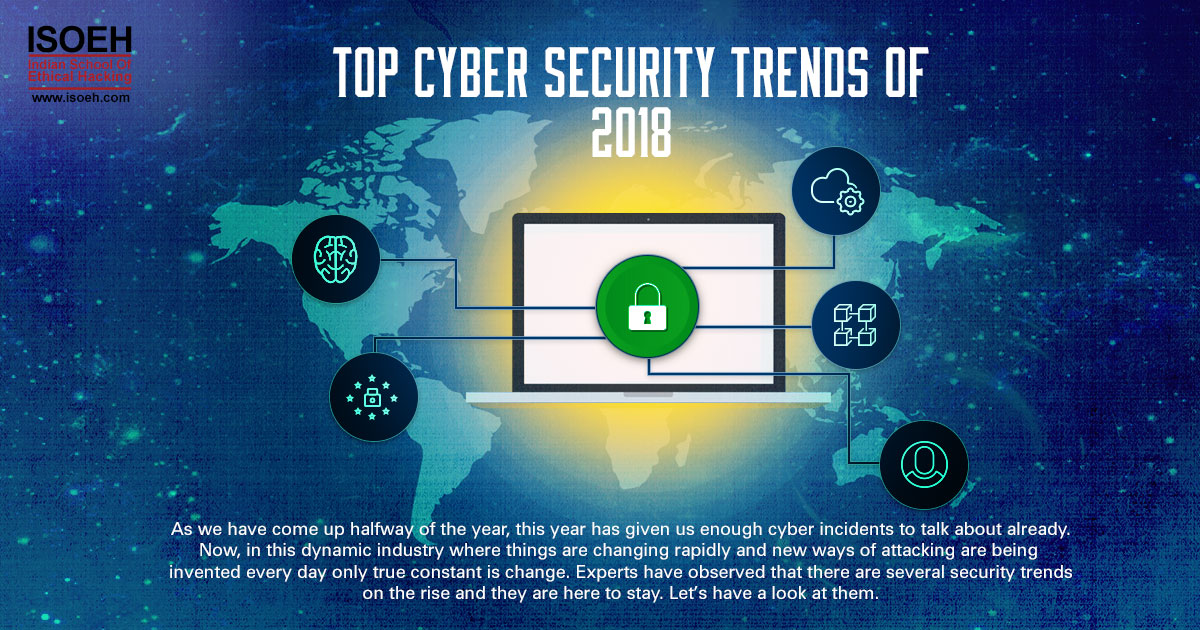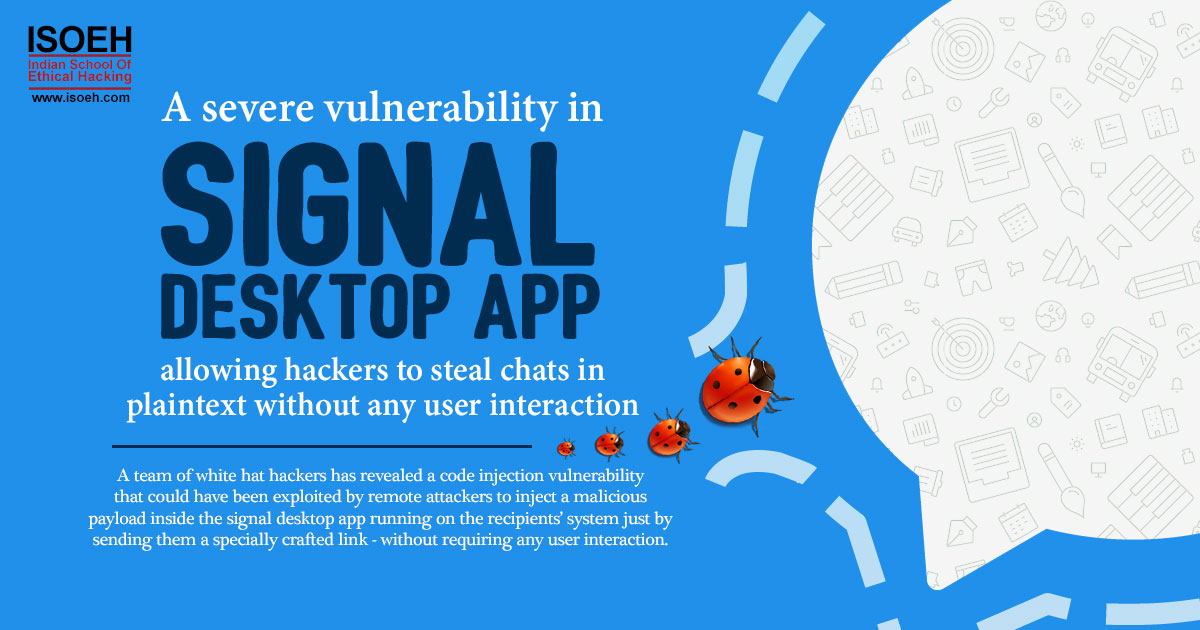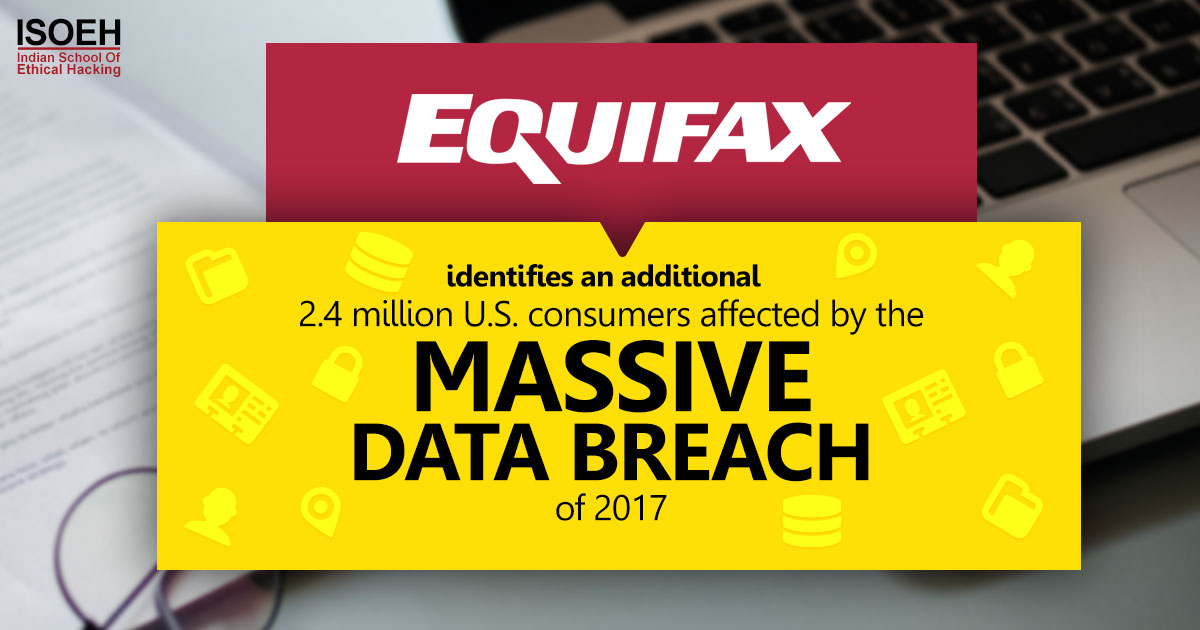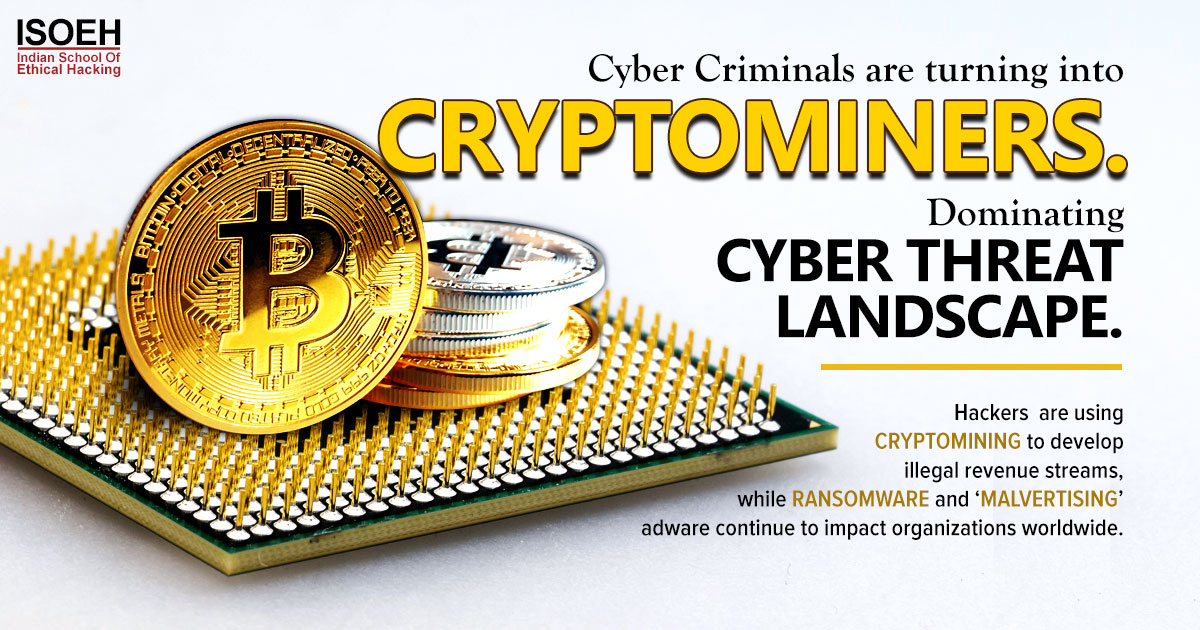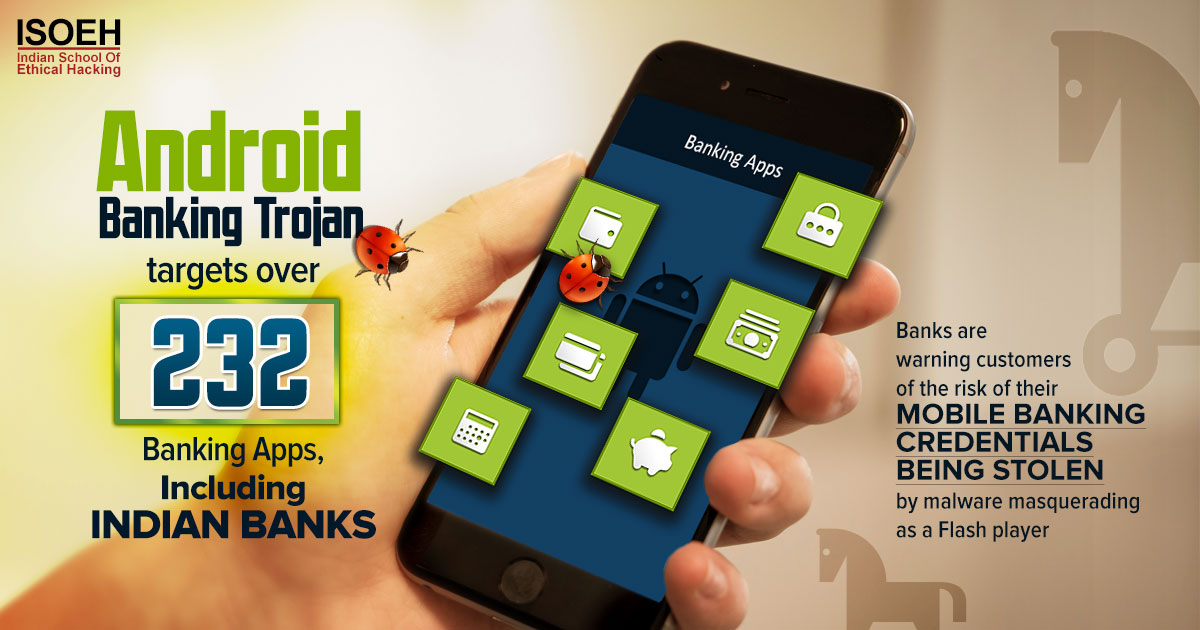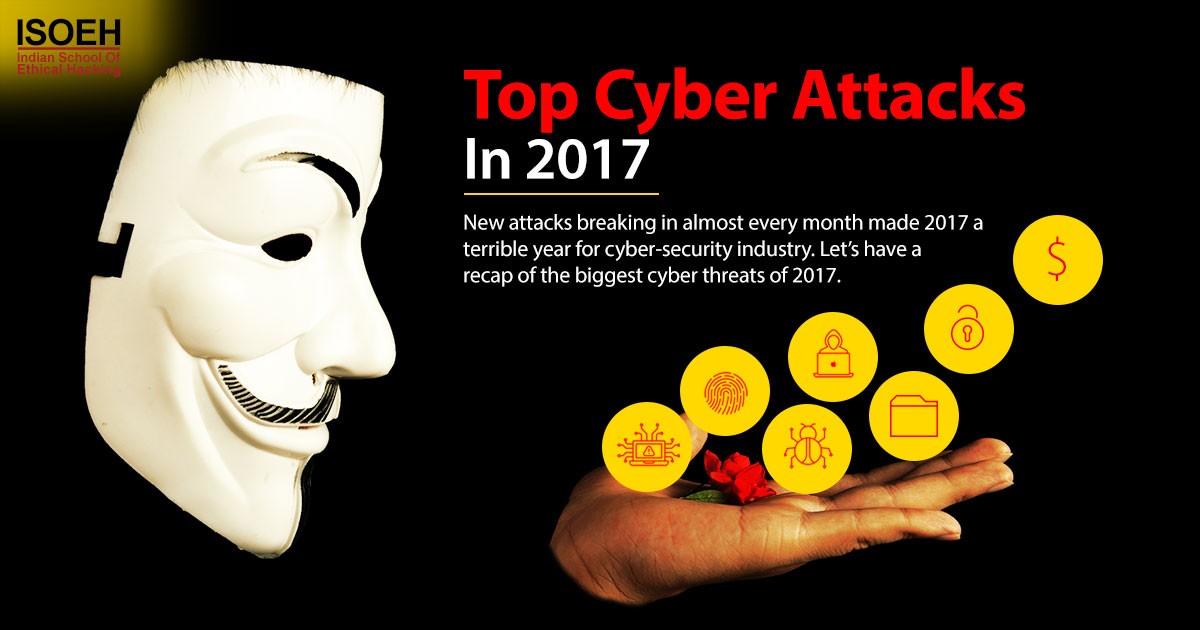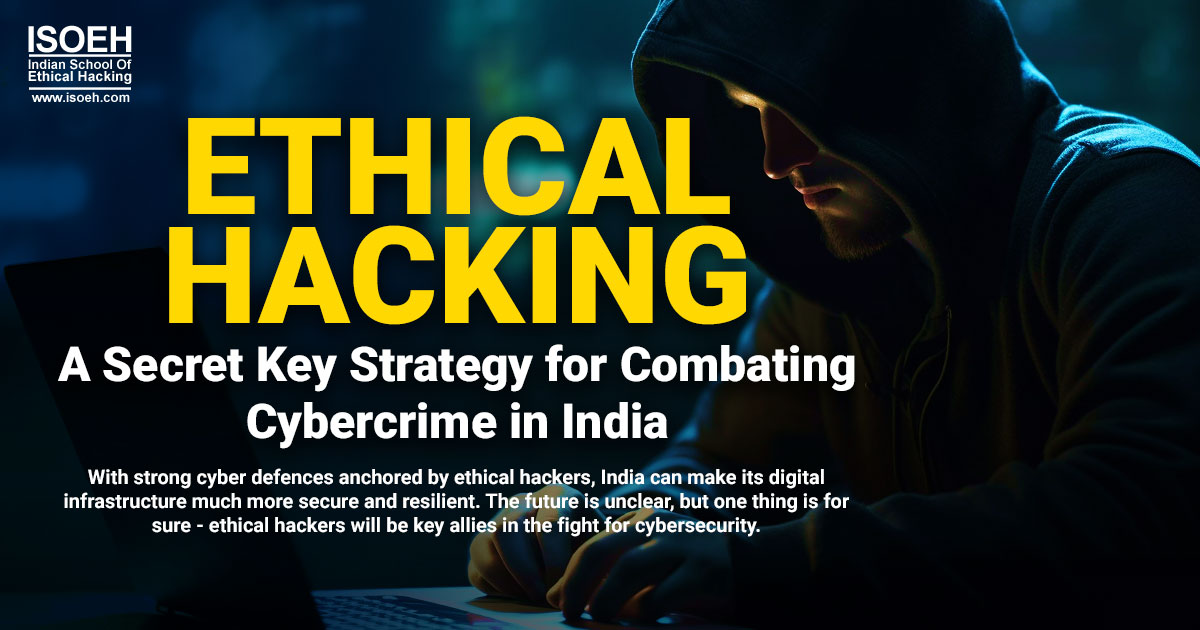
Contents
- Introduction
- What Is Ethical Hacking?
- The Growth of Cybercrime in India in 2023
- Why India Needs Ethical Hackers in 2023?
- Ethical Hacker: Roles and Responsibilities
- Required Skills for an Ethical Hacker
- Play A Constructive Role and Stay Ahead of Cybercriminals
- The Future of Ethical Hacking in India
- Conclusion
Introduction
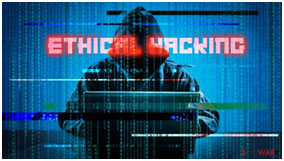 India Witnessed 13.9 Lakh Cybersecurity Incidents In 2022! There is a hacker attack every 30 seconds in 2023. Have you ever wondered how hackers are able to break into computer systems and steal data? As technology becomes more advanced, so do the techniques used by cybercriminals to illegally access sensitive information. Around 2328 cybercrimes are thought to occur each day.
India Witnessed 13.9 Lakh Cybersecurity Incidents In 2022! There is a hacker attack every 30 seconds in 2023. Have you ever wondered how hackers are able to break into computer systems and steal data? As technology becomes more advanced, so do the techniques used by cybercriminals to illegally access sensitive information. Around 2328 cybercrimes are thought to occur each day.
However, there are "good guy" hackers called ethical hackers that use the same skills as cyber criminals to help strengthen security and prevent attacks. Ethical hacking is a key strategy that should be leveraged more in India to get ahead of cybercriminals and better protect individuals and organizations.
What Is Ethical Hacking?
Ethical hacking, also known as penetration testing, is when cybersecurity experts legally hack into computer systems and networks to uncover vulnerabilities and help make them more secure. Instead of exploiting weaknesses for personal gain like cybercriminals do, ethical hackers use their skills for good.
Ethical hackers employ the same tools and techniques as malicious hackers to identify security risks, but in a controlled manner and with permission from the companies they're testing. The goal is to find weaknesses before the bad guys do. Once vulnerabilities are discovered, ethical hackers work with the companies to fix them right away.
 For a country like India that aims to become a global technology leader, ethical hacking is crucial. As more people and businesses go online, cyber threats are increasing. Ethical hackers can help combat issues like identity theft, data breaches, and fraud.
For a country like India that aims to become a global technology leader, ethical hacking is crucial. As more people and businesses go online, cyber threats are increasing. Ethical hackers can help combat issues like identity theft, data breaches, and fraud.
They systematically scan networks and applications to uncover weaknesses, and then provide practical recommendations to improve security controls and protect critical infrastructure.
Ethical hacking is a key strategy for building a robust cyber defence system. When done responsibly by certified professionals, it allows companies and governments to strengthen their security posture in a proactive way.
India has significant opportunities to leverage ethical hacking for protecting citizens and enabling safe technology growth. Overall, ethical hacking should be embraced as an important safeguard against the persistent threat of cybercrime.
The Growth of Cybercrime in India in 2023
Cybercrime is exploding in India. Over the last 21 years from 2001 to 2021, cybercrime has claimed at least 6.5 million victims with an estimated loss of nearly $26 billion over the same period. With more than 560 million internet users - and growing fast - India has become an attractive target for hackers and scammers.
According to recent reports, from January to March 2023, the average weekly attacks rose by around 18 per cent when compared to the same time period in 2022, with an average of 2,108 weekly attacks per organization.
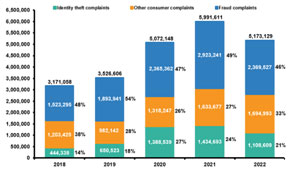 In the first quarter of 2023, almost 2,507 attacks per week, which is a 15 per cent rise compared to the same time period last year. Next up is the government/military sector which witnessed almost 1,725 attacks per week.
In the first quarter of 2023, almost 2,507 attacks per week, which is a 15 per cent rise compared to the same time period last year. Next up is the government/military sector which witnessed almost 1,725 attacks per week.
The most common types of cybercrime in India are phishing, identity theft, online scams, and ransomware attacks. phishing, crypto mining malware attacks where hackers trick people into giving out personal information like passwords or account numbers. Identity theft, using someone's personal data to impersonate them and steal money or apply for loans, trailed just behind.
From Open AI's Data Breach to T-Mobile, AIIMS Delhi each organized faced Cyber Attack. This risky industry continues to grow in 2023 as IoT cyber-attacks alone are expected to double by 2025.
These crimes aren't just annoying - they can have devastating financial and emotional consequences. And with so much sensitive data now stored online, the potential for damage is huge. It is told that 74% of breaches involved the human element, which includes social engineering attacks, errors or misuse.
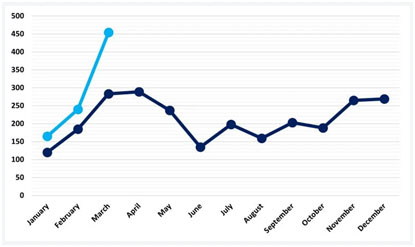 Be wary of unsolicited messages and never click suspicious links or download attachments from unknown senders. Use strong, unique passwords and two-factor authentication whenever possible. Monitor financial accounts and credit reports regularly for signs of fraud.
Be wary of unsolicited messages and never click suspicious links or download attachments from unknown senders. Use strong, unique passwords and two-factor authentication whenever possible. Monitor financial accounts and credit reports regularly for signs of fraud.
"The global annual cost of cybercrime is predicted to reach $8 trillion annually in 2023.
According to NCC Group March 2023 broke the record with the highest number of hack and data leak incidents recorded in the past three years.
Why India Needs Ethical Hackers in 2023?
India's Vulnerability to Cyber Threats
India has the second largest population of internet users in the world. However, India ranks near the bottom in cybersecurity. According to cybersecurity firm Symantec, India faces the second-highest number of cyber-attacks in the Asia Pacific region after China.
Shortage of Skilled Professionals
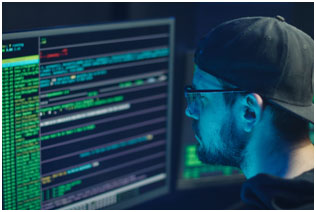 Need 5 Million Cyber Security Professional by 2025. There is a severe shortage of the cybersecurity professionals in India. According to Data Security Council of India, there are only about 66,000 cybersecurity professionals in India, but over 1 million cybersecurity jobs remain unfilled. This shortage leaves many Indian companies vulnerable to cyber threats.
Need 5 Million Cyber Security Professional by 2025. There is a severe shortage of the cybersecurity professionals in India. According to Data Security Council of India, there are only about 66,000 cybersecurity professionals in India, but over 1 million cybersecurity jobs remain unfilled. This shortage leaves many Indian companies vulnerable to cyber threats.
Need for Homegrown Talent
Most cybersecurity products and services used in India are developed by foreign companies. India needs to develop its own homegrown cybersecurity talent and solutions tailored to local needs. Ethical hackers can help fill the cybersecurity skills gap and develop made-in-India cybersecurity products and services.
Advantages of Ethical Hacking
 Ethical hackers use the same techniques as malicious hackers to test and identify vulnerabilities in a computer system or network so the pain points can be repaired. But they do it legally and ethically with permission from the system owners.
Ethical hackers use the same techniques as malicious hackers to test and identify vulnerabilities in a computer system or network so the pain points can be repaired. But they do it legally and ethically with permission from the system owners.
Some key benefits of ethical hacking for India include:
- Identifying and closing security loopholes before malicious hackers can exploit them.
- Strengthening cyber defences by simulating real-world attacks.
- Keeping cybersecurity professionals up-to-date with the latest hacking techniques and tools.
- Developing tailored cybersecurity solutions for India's unique needs.
- Providing career opportunities for tech-savvy young Indians in an exciting new field.
- India urgently needs homegrown ethical hackers to help secure its digital infrastructure and economy. Promoting education and career opportunities in ethical hacking can help address India's shortage of cybersecurity skills while also helping to curb cybercrime. Ethical hacking is key to keeping India safe in today's digital world.
Ethical Hacker: Roles and Responsibilities
The Ethical Hacker's Role
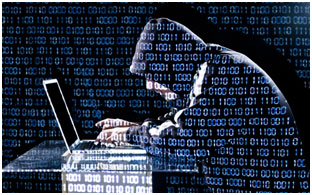 As an ethical hacker, your role is to help organizations uncover and address cybersecurity vulnerabilities. You do this through authorized testing and evaluation of systems and networks. Your goal is to find weaknesses before malicious hackers do.
As an ethical hacker, your role is to help organizations uncover and address cybersecurity vulnerabilities. You do this through authorized testing and evaluation of systems and networks. Your goal is to find weaknesses before malicious hackers do.
- Penetration Testing: Conduct controlled hacks of systems to find security flaws. Document vulnerabilities and provide solutions to fix them.
- Vulnerability Assessment: Perform comprehensive reviews of networks and web applications to identify weaknesses. Look for outdated software, unpatched systems, misconfigurations, and other risks.
- Risk Analysis: Evaluate the likelihood and impact of vulnerabilities to determine priority. Help companies understand their level of cyber risk and which threats pose the greatest danger.
- Reporting: Provide detailed reports on findings, including how vulnerabilities were detected and remediation strategies to resolve issues. Explain risks in a way non-technical stakeholders can understand.
- Remediation Verification: Double-check that vulnerabilities have been properly addressed before signing off. Follow up to ensure problems do not recur.
Ethical hackers also stay up-to-date with the latest cyber threats, hacking techniques, and security best practices. Your role requires continuous learning to keep skills and certifications current. As cybercriminals become more sophisticated, ethical hackers must work to stay one step ahead and play a constructive role for India against Cyber-Crime.
Key Responsibilities like an Introvert
People say that Extroverts are less conscious but introverts are born with work consciousness. Whatever, the main responsibilities of an ethical hacker include:
- Conducting authorized cybersecurity testing like penetration testing, vulnerability assessments, and risk analysis.
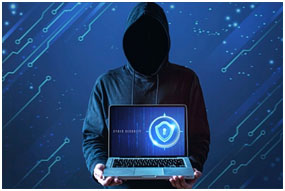 Identifying weaknesses and risks in systems, networks, hardware, software, and physical premises.
Identifying weaknesses and risks in systems, networks, hardware, software, and physical premises.- Documenting findings and providing actionable recommendations to remediate issues.
- Educating organizations about cyber risks and defence strategies.
- Ensuring vulnerabilities have been addressed and fixed as reported before completing an engagement.
- Maintaining high ethical standards and keeping client data private and secure.
- Continuously developing and improving hacking and security skills through practice and education.
- Keeping up with trends in cybercrime, information security, and technology.
- Ethical hackers aim to strengthen cyber defences and build more resilient infrastructure. By exposing vulnerabilities before cybercriminals can exploit them, ethical hackers help companies avoid data breaches, financial loss, reputational damage, and other harm. Their work is crucial for cyber risk management and protecting digital assets.
Required Skills for an Ethical Hacker
To become an ethical hacker, you need to develop certain skills and mindsets. Some of the key requirements are:
Technical Knowledge
You need to have a solid understanding of networks, operating systems, and programming languages. Some of the areas ethical hackers should be well-versed in include:
 Networking fundamentals: routers, switches, firewalls, etc.
Networking fundamentals: routers, switches, firewalls, etc.- Operating systems like Windows, Kali Linux, MacOS and other Operating Systems
- Programming languages such as Python, JavaScript, and C++
- Penetration testing tools like Kali Linux, Wireshark, Metasploit, Burp Suite, Aircrack-ng, Nmap, Hashcat
Problem-solving Skills
Ethical hacking often involves troubleshooting complex technical issues and finding vulnerabilities in systems. You need to be able to think logically, analyze problems, and identify solutions. Strong problem-solving skills with an analytical and curious mindset are essential.
Creativity
Coming up with innovative ways to test systems and spot vulnerabilities requires creativity. Ethical hackers need to be able to think outside the box when attempting to hack into networks and applications. You never know where the next vulnerability might be hiding!
Adaptability
Technology is constantly changing, so ethical hackers must stay up-to-date with advancements in cybersecurity and hacking techniques. You need to be willing to continuously learn and adapt to new technologies to identify the latest vulnerabilities. The skills and tools required are always evolving.
Communication
 Ethical hackers should be able to clearly communicate technical issues to both technical and non-technical stakeholders.
Ethical hackers should be able to clearly communicate technical issues to both technical and non-technical stakeholders.
You need to report on vulnerabilities, security risks, and recommendations in a comprehensive yet easy-to-understand manner. Strong written and verbal communication skills are important.
Integrity and Responsibility
Ethical hackers have access to sensitive data and systems. You need to maintain high integrity, ethics, and responsibility to keep the information confidential and secure. Only hacking into networks and systems you have explicit permission to test is critical. Following appropriate laws and regulations around cybersecurity and privacy is required.
Play A Constructive Role and Stay Ahead of Cybercriminals
NASSCOMM Director Nirupam Chaudhuri said, "It is most necessary to have robust End to End (E2E) security solutions to address all vulnerabilities. We are committed by the East Chapter (we have a dedicated Security Special Interest Group with very important leaders supporting the group) to carry on year-long activities to keep the ecosystem as safe as possible.
 15% increase in cybercrime costs reaching 10.5 trillion by 2025. Cybercriminals are constantly developing new tools and techniques to break into computer systems and steal data. Ethical hackers work to anticipate and mitigate new threats, staying on the cutting edge of hacking techniques and cybersecurity countermeasures.
15% increase in cybercrime costs reaching 10.5 trillion by 2025. Cybercriminals are constantly developing new tools and techniques to break into computer systems and steal data. Ethical hackers work to anticipate and mitigate new threats, staying on the cutting edge of hacking techniques and cybersecurity countermeasures.
Their expertise helps ensure that defences are strengthened before attacks even happen. By identifying and eliminating vulnerabilities, ethical hackers build a shield of security around digital systems and the sensitive data they contain.
The Future of Ethical Hacking in India
A Bright Future
Ethical hacking has a promising future in India if utilized properly. With cybercrime on the rise, ethical hackers are in high demand to help identify and fix vulnerabilities before malicious hackers can exploit them. As more businesses go online and data becomes increasingly valuable, the need for cybersecurity experts will only grow.
Job Opportunities Galore
For ethical hackers, the job market looks very bright. Some of the roles in high demand include:
- Penetration Testers: Conduct authorized hacks to uncover vulnerabilities.
- Cybersecurity Consultants: Help organizations bolster their cyber defences and response plans.
- Information Security Analysts: Monitor networks for security issues and implement solutions.
 According to Glassdoor, the average pay for an ethical hacker in India is over ₹6,00,000 per year. With the right skills and certifications, salaries can reach ₹12,00,000 or higher for those with years of experience.
According to Glassdoor, the average pay for an ethical hacker in India is over ₹6,00,000 per year. With the right skills and certifications, salaries can reach ₹12,00,000 or higher for those with years of experience.
Improved Curriculum
Colleges and training programs need to better prepare students for careers in cybersecurity. Courses should teach the latest ethical hacking techniques and tools to help students build a strong skill set. Certifications in areas like Certified Ethical Hacker (CEH) and CompTIA PenTest+ are also helpful for establishing credibility. Internship programs that provide hands-on experience are invaluable for students to gain real-world skills.
Government Support
The Indian government recognizes the importance of cybersecurity and has taken steps to support the field. However, more can still be done, such as:
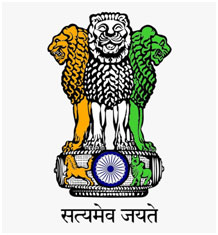 Providing grants for ethical hacking research and education.
Providing grants for ethical hacking research and education.- Developing a national program to train government employees in ethical hacking.
- Partnering with private companies to fund cybersecurity initiatives and ethical hacking traineeships or apprenticeships.
- Strengthening laws against cybercrime and enforcing harsher penalties.
With government backing, improved education, and high job demand, ethical hackers have the potential to make a huge impact on India's cybersecurity. The future of ethical hacking in India looks extremely promising.
Conclusion
So, there you have it. Ethical hacking is a crucial strategy that can help India combat the rising tide of cybercrime. While the cybersecurity challenges ahead are immense, ethical hackers are on the frontlines of defence. By thinking like hackers, they can help identify and fix vulnerabilities before the black cats exploit them.
India has a deep pool of tech talent that can be trained and deployed as ethical hackers. It's time for companies and the government to actively support programs that recruit and develop these cyber warriors.
With strong cyber defences anchored by ethical hackers, India can make its digital infrastructure much more secure and resilient. The future is unclear, but one thing is for sure - ethical hackers will be key allies in the fight for cybersecurity.
Hacking Tools
Explore All Hacking Tools »
UFTP is an encrypted multicast file transfer program for secure, reliable & efficient transfer of files. It also helps in data distribution over a satellite link.
Read DetailsBreaking News
Breaking News Of Each Month »
The recent pandemic was unexpected and unknown to most part of the world. It has changed our life and we are slowly adapting to our new lifestyle. The risks associated with the new lifestyle, both personal & corporate, are unknown to most of us.
Read Details



